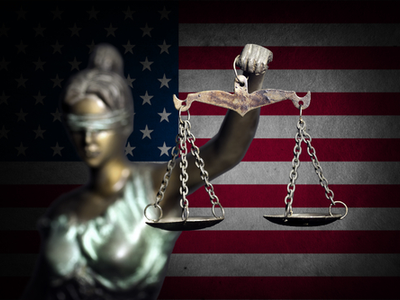
This week, the United State Supreme Court finally resolved a circuit split and unanimously held that SEC actions seeking to disgorge ill-gotten gains are subject to a five-year statute of limitations on civil fines, penalties or forfeitures under 28 U.S.C. § 2462. This decision is expected to dramatically reduce the SEC’s ability to collect disgorgement in enforcement actions.
The decision arose out of an SEC enforcement action brought in 2009 that alleged between 1995 and 2006, Charles Kokesh, a New Mexico-based investment adviser, misappropriated $35 million from two investment advisory companies he owned and controlled, thereby squandering the money of tens of thousands of small investors. Kokesh was ultimately found liable at trial and the trial court ordered him to disgorge the entire $35 million he was found to have misappropriated plus interest, and pay a civil monetary penalty. Kokesh subsequently challenged the disgorgement order before the U.S. Court of Appeals for the Tenth Circuit, arguing that the SEC’s claim for disgorgement was subject to the five year statute of limitations period codified in Section 2462, and therefore the $35 million disgorgement amount should be significantly reduced by eliminating any ill-gotten gains received prior to 2004—five years prior to the initiation of the SEC enforcement action. A three judge circuit court panel of the Tenth Circuit unanimously disagreed, and upheld the disgorgement order on the basis that disgorgement is not a “penalty” or “forfeiture” as defined in Section 2462, but rather was “remedial” and “does not inflict punishment” because it leaves the wrongdoer “in the position he would have occupied had there been no misconduct.” On this basis, the Tenth Circuit held that Section 2462’s limitations period was inapplicable to disgorgement.
After granting certiorari, the Supreme Court on Monday disagreed with the Tenth Circuit and unanimously held that in cases brought by the SEC, disgorgement constitutes a penalty within the meaning of Section 2462, and is thereby subject to the five year statute of limitations.
Writing for the Court, Justice Sonia Sotomayor outlined three reasons why disgorgement “bears all the hallmarks of a penalty.” First, the Court noted that SEC disgorgement is imposed by the courts as a consequence for violating public laws. Second, SEC disgorgement is imposed for punitive purposes. Specifically, disgorgement is imposed primarily for the purpose of deterring infractions and that practice has become “inherently punitive.” Lastly, SEC disgorgement is in many cases not compensatory. Instead of using SEC disgorgement amounts to compensate victims of the alleged securities violations, oftentimes it is paid to the United States Treasury. Thus, when an individual pays a non-compensatory sanction to the government that “payment operates as a penalty.” Accordingly, the Court held that SEC disgorgement operates as a “penalty” within the meaning of Section 2462 and is subject to its five year statute of limitations.
Justice Sotomayor also rejected the SEC’s position that SEC disgorgement is not punitive but “remedial” in that it “restores the status quo.” In so doing, she noted that SEC disgorgement sometimes exceeds the profits gained as a result of the violation and leaves the defendant worse off than if no violation had been committed. For example, a tippee in an insider trading case may have to disgorge ill-gotten gains when he or she never received any profits. Similarly, SEC disgorgement fails to take into account a defendant’s expenses which may reduce the amount of illegal profit. The Court explained that these notions demonstrate that disgorgement is punitive, rather than remedial.
The Supreme Court’s decision is a notable win for business and the security industry as it creates certainty in the financial markets about the limit to potential liability for securities fraud. It also represents an additional check on the SEC’s ability to impose penalties after the Supreme Court previously limited the SEC’s ability to collect civil monetary sanctions for conduct that occurred more than five years before it commences an action in Gabelli v. SEC, 568 U.S. 442, 454 (2013).

